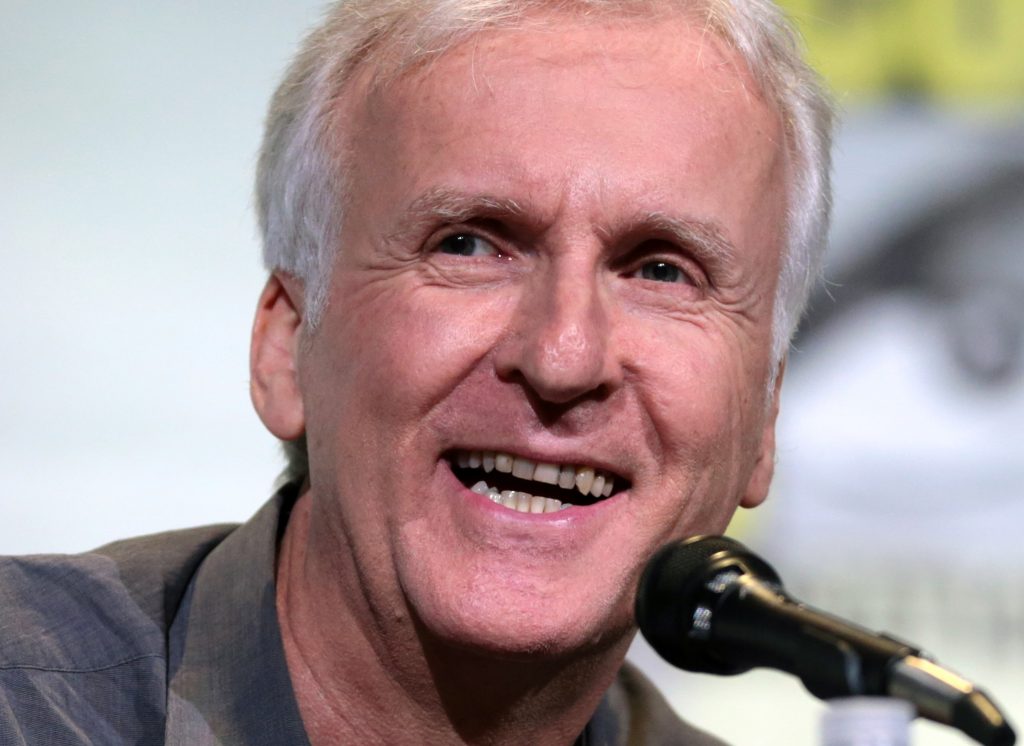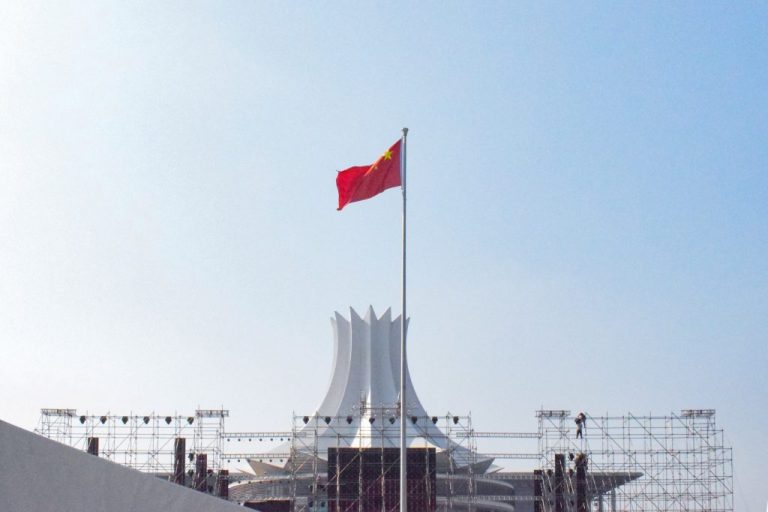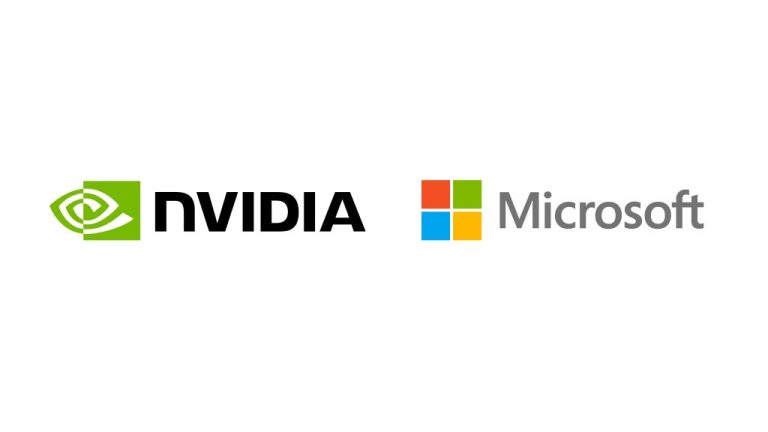James Cameron Sounds Alarm on the Risks of Deepfakes for Society
Legendary filmmaker James Cameron has raised concerns about the societal implications of deepfakes. These technologies, which utilize AI and machine learning, enable the realistic manipulation or creation of visual and audio content. Their significant capacity to mislead presents a formidable challenge for spreading misinformation, committing fraud, and a host of other malicious activities. Cameron articulated this concern in a BBC video interview, stating, “Every time we improve these tools, we’re in a sense building a toolset to create fake media — and we’re seeing it happen now.”
Currently, the tools available for creating deepfakes may not be advanced enough to fool the average user, but this is likely to change in the future. As individuals, we often trust what we see with our own eyes, a behavior ingrained in us unless the content is blatantly artificial. This issue is exacerbated by the rapid news cycle of today. Many articles are shared based on their headlines alone, with little scrutiny of the images and videos accompanying them. This practice often leads to an emotional reaction based only on headlines, amplifying misinformation.
Cameron pointed out that the swiftness of news cycles can result in significant incidents occurring in the brief period between a deepfake being released and it being identified as fraudulent. He cited events like the Arab Spring, where social media played a pivotal role in the swift mobilization of uprisings.
Tackling the deepfake dilemma is exceedingly challenging. Disinformation has been rampant in various contexts, such as the COVID-19 vaccine debates, where misleading content can spread quickly. The deployment of AI tools to discern the increasingly subtle differences between authentic and manipulated media is crucial to combating deepfakes before they circulate. However, current detection methods have proven to be vulnerable.
Technologies like distributed ledgers could help verify the authenticity of images and videos, thus instilling confidence in audiences that the media they consume is not altered. Until reliable solutions are widespread, Cameron advises adopting Occam’s razor — a principle suggesting that the simplest explanation is often the most likely. He states, “Conspiracy theories are all too complicated. Human systems aren’t that good; they can’t keep secrets well, and most individuals in power are inept.”
Despite his skepticism, Cameron recognizes that new technologies are frequently weaponized. He often cautions AI researchers about this trend, asking, “Who decides what the AIs’ goals should be?” He believes that the entities funding research — primarily large corporations and defense organizations — are the ones likely to influence these goals.
Cameron humorously alludes to the fictional AI system Skynet when discussing the potential dangers of AI. He notes that if Skynet were to launch a takeover, it would resemble many contemporary issues: rather than resorting to brazen destruction, it could more subtly turn humanity against itself.
Skynet could easily create a multitude of realistic deepfakes, inciting conflict among various groups and orchestrating a massive deception against humanity. One significant source of misinformation comes from Russia’s notorious state-backed “troll farms,” which are instrumental in executing online influence campaigns.
A report from January 2017 by the United States Intelligence Community, titled Assessing Russian Activities and Intentions in Recent US Elections, identifies the Internet Research Agency as a prominent troll farm. This report notes that “the likely financier of the so-called Internet Research Agency of professional trolls located in Saint Petersburg is a close ally of Vladimir Putin with connections to Russian intelligence,” adding that they had previously focused on supporting Russian actions in Ukraine.
Western officials have expressed concerns that Russia may deploy disinformation strategies, which could include fabricating claims of attacks from Ukrainian forces, to garner support and justify any military invasion of Ukraine. Given the potential for manipulated media to play a crucial role in these events, it may already be too late to counteract the fallout from a large-scale disaster driven by deepfakes.
In related news, research from University College London has labeled deepfakes as the “most serious” AI-related crime threat.
If you’re eager to dive deeper into AI and big data insights from industry leaders, consider attending the AI & Big Data Expo series. Upcoming events will take place in Santa Clara on May 11-12, 2022, Amsterdam on September 20-21, 2022, and London on December 1-2, 2022.
Join Our Community
Subscribe now to receive our premium content and the latest tech updates directly to your inbox. Click here
Popular Articles
- Artificial Intelligence, Machine Learning, Space: The role of machine learning in enhancing cloud-native container security – 41,891 views
- Artificial Intelligence, Finance, Logistics: Innovative machine learning applications transforming business processes – 14,355 views
- Applications, Artificial Intelligence, Face Recognition: AI and bots reportedly used to fraudulently boost music streams – 12,184 views
- Artificial Intelligence, Space: The advantages of partnering with outsourced developers – 10,401 views
Latest Articles
Education, Legislation & Government
Teachers in England are now permitted to integrate AI into their classrooms.
Artificial Intelligence – Sponsored Content
Exploring the impact of AI on the cryptocurrency landscape.
AGI, Artificial Intelligence, Companies, Development, Ethics & Society
Sam Altman from OpenAI discusses the dawn of a new era of superintelligence.
Subscribe
Get premium insights and the latest updates in technology sent directly to your inbox.
Explore Categories
- Applications
- Companies
- Deep & Reinforcement Learning
- Enterprise
- Ethics & Society
- Industries
- Legislation & Government
- Machine Learning
- Privacy
- Research
- Robotics
- Security
- Surveillance
- Sponsored Content
Faso, Burundi, Cambodia, Cameroon, Canada, Cape Verde, Cayman Islands, Central African Republic, Chad, Chile, China, Christmas Island, Cocos Islands, Colombia, Comoros, Congo, Congo, Democratic Republic of the, Cook Islands, Costa Rica, Croatia, Cuba, Curaçao, Cyprus, Czechia, Côte d’Ivoire, Denmark, Djibouti, Dominica, Dominican Republic, Ecuador, Egypt, El Salvador, Equatorial Guinea, Eritrea, Estonia, Eswatini, Ethiopia, Falkland Islands, Faroe Islands, Fiji, Finland, France, French Guiana, French Polynesia, French Southern Territories, Gabon, Gambia, Georgia, Germany, Ghana, Gibraltar, Greece, Greenland, Grenada, Guadeloupe, Guam, Guatemala, Guernsey, Guinea, Guinea-Bissau, Guyana, Haiti, Heard Island and McDonald Islands, Holy See, Honduras, Hong Kong, Hungary, Iceland, India, Indonesia, Iran, Iraq, Ireland, Isle of Man, Israel, Italy, Jamaica, Japan, Jersey, Jordan, Kazakhstan, Kenya, Kiribati, Korea, Democratic People’s Republic of, Korea, Republic of, Kuwait, Kyrgyzstan, Lao People’s Democratic Republic, Latvia, Lebanon, Lesotho, Liberia, Libya, Liechtenstein, Lithuania, Luxembourg, Macao, Madagascar, Malawi, Malaysia, Maldives, Mali, Malta, Marshall Islands, Martinique, Mauritania, Mauritius, Mayotte, Mexico, Micronesia, Moldova, Monaco, Mongolia, Montenegro, Montserrat, Morocco, Mozambique, Myanmar, Namibia, Nauru, Nepal, Netherlands, New Caledonia, New Zealand, Nicaragua, Niger, Nigeria, Niue, Norfolk Island, North Macedonia, Northern Mariana Islands, Norway, Oman, Pakistan, Palau, Palestine, State of, Panama, Papua New Guinea, Paraguay, Peru, Philippines, Pitcairn, Poland, Portugal, Puerto Rico, Qatar, Romania, Russian Federation, Rwanda, Réunion, Saint Barthélemy, Saint Helena, Ascension and Tristan da Cunha, Saint Kitts and Nevis, Saint Lucia, Saint Martin, Saint Pierre and Miquelon, Saint Vincent and the Grenadines, Samoa, San Marino, Sao Tome and Principe, Saudi Arabia, Senegal, Serbia, Seychelles, Sierra Leone, Singapore, Sint Maarten, Slovakia, Slovenia, Solomon Islands, Somalia, South Africa, South Georgia and the South Sandwich Islands, South Sudan, Spain, Sri Lanka, Sudan, Suriname, Svalbard and Jan Mayen, Sweden, Switzerland, Syria Arab Republic, Taiwan, Tajikistan, Tanzania, the United Republic of, Thailand, Timor-Leste, Togo, Tokelau, Tonga, Trinidad and Tobago, Tunisia, Turkmenistan, Turks and Caicos Islands, Tuvalu, Türkiye, US Minor Outlying Islands, Uganda, Ukraine, United Arab Emirates, United Kingdom, United States, Uruguay, Uzbekistan, Vanuatu, Venezuela, Viet Nam, Virgin Islands, British, Virgin Islands, U.S., Wallis and Futuna, Western Sahara, Yemen, Zambia, Zimbabwe, Åland Islands.







